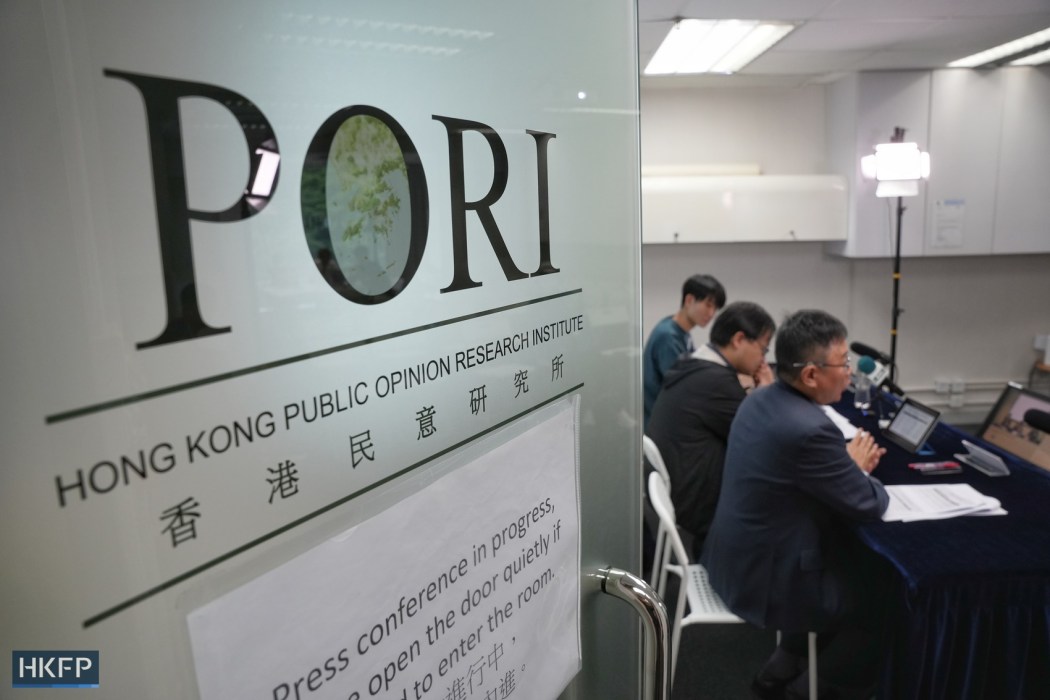Hong Kong Chief Executive John Lee’s popularity has sunk to a record low since assuming office after running unopposed for the leadership role, a poll has found.

According to the findings of a survey conducted by the Hong Kong Public Opinion Research Institute (PORI) released on Tuesday, Lee’s popularity rating stood at 47.4 per cent. According to PORI’s polling, Lee’s popularity has fluctuated since becoming the city’s leader in July 2022, starting at 53.8 per cent in the days after he took office and peaking at 59.2 in January 2023.
The pollster surveyed 667 Hong Kong residents over four days in March via telephone, including landline and mobile, with a response rate of 43.3 per cent.
Meanwhile, Lee’s approval rate – a separate measure – stood at 49 per cent.
The last time the poll was conducted in January, Lee had a popularity rating of 52.1 per cent and an approval rate of 54 per cent.

The telephone survey was conducted after the public consultation period for Article 23, the city’s homegrown national security law which was passed unanimously by Hong Kong’s opposition-free legislature on Tuesday, had ended.
In 2003, the last time Hong Kong attempted to legislate Article 23, an estimated 500,000 protesters marched to oppose the law. Local opposition this time around has been muted with the Beijing-imposed national security law in effect, under which mass protests have not taken place.
Lee’s popularity at this point in his term was around the same as ex-leader Carrie Lam when she was Hong Kong’s chief executive. Lam’s popularity, however, fell to levels unseen since the city’s 1997 Handover from British to Chinese rule during the protests in 2019. In November and December that year, her popularity was 19.6 per cent.
Support HKFP | Policies & Ethics | Error/typo? | Contact Us | Newsletter | Transparency & Annual Report | Apps
Help safeguard press freedom & keep HKFP free for all readers by supporting our team

LATEST FROM HKFP
HKFP has an impartial stance, transparent funding, and balanced coverage guided by an Ethics Code and Corrections Policy.
Support press freedom & help us surpass 1,000 monthly Patrons: 100% independent, governed by an ethics code & not-for-profit.










